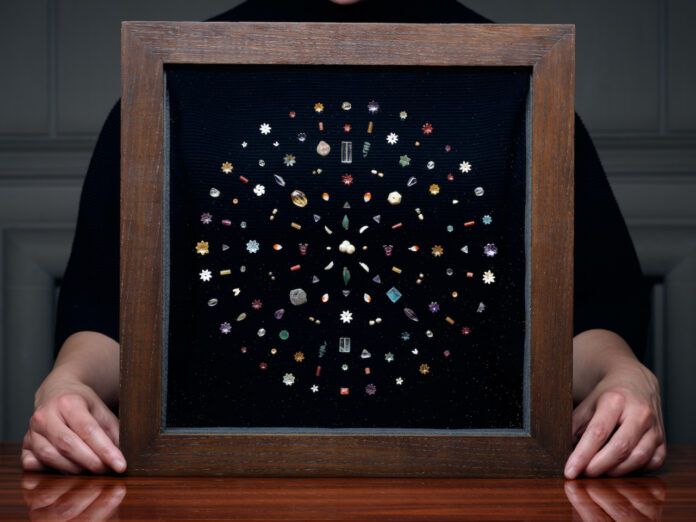By Lisa Murimi
In a stunning move that has sent shockwaves through the global Buddhist community, Sotheby’s has been forced to halt the sale of sacred relics linked to the remains of the Buddha, following a fierce legal threat from the Indian government.
The much-anticipated auction, scheduled for May 7, was set to showcase a collection of extraordinary gems, which had been buried for centuries beneath the soil of northern India.
These relics, discovered in 1898 by British official William Claxton Peppé, were believed to have once belonged to the Buddha himself.
The treasures — including rubies, sapphires, and intricately patterned gold — were found inside a brick chamber at Piprahwa, near the birthplace of Buddha, Lumbini.
For many, these were not mere jewels, but sacred artifacts that carried profound spiritual significance.
Their sale, Sotheby’s had proclaimed, was one of the most remarkable archaeological discoveries of all time.
However, the auction sparked outrage among Buddhist scholars, monastic leaders, and millions of followers worldwide, who decried the sale as an unconscionable violation of their heritage.
The Indian government swiftly intervened, calling the relics “inalienable religious and cultural heritage” and asserting that their sale violated both national and international laws designed to protect sacred relics.
In response, Sotheby’s announced it had postponed the auction “with the agreement of the consignors” to allow for further discussions.
The auction house removed all details of the sale from its website, as the fate of these revered relics now hangs in uncertain limbo.
For many, the relics are not just objects of immense value, but symbols of an enduring spiritual legacy.
The controversy has sparked an emotional and ethical debate that stretches beyond borders, touching hearts and souls across the globe.



















